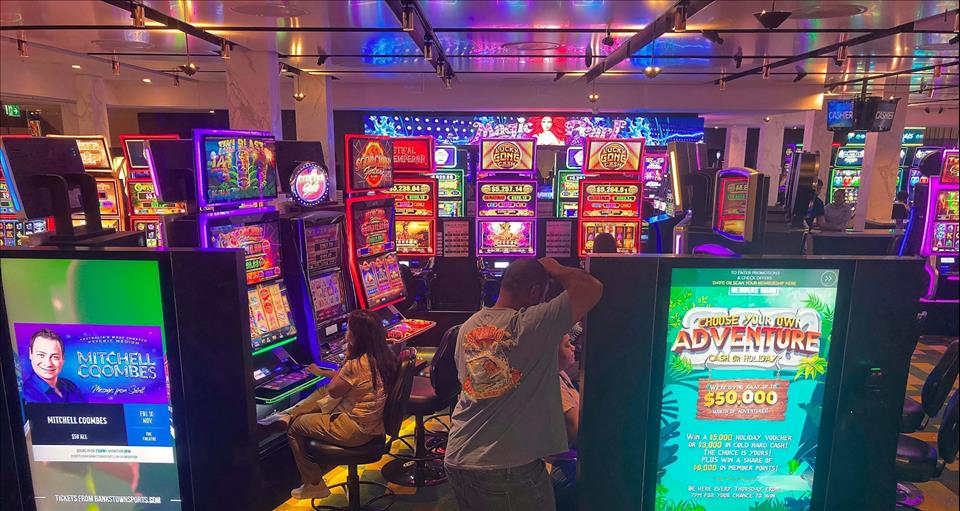
Financial Stress And Cultural Differences Make Migrants Particularly Vulnerable To Gambling Harms. Here's Why
Gambling harms – including financial, emotional, social and psychological costs – extend to loved ones, peers and co-workers and the community. And some communities are impacted differently to others.
The Northern Territory has a growing multicultural population, with 22% of residents born overseas and 33% speaking a language other than English at home.
About 37% of multicultural Territorians are considered at-risk gamblers , compared to 14% in English speaking households .
Many migrants, including those in the NT, experience financial, social, and emotional pressures, which sometimes lead them to gambling as a means of socialisation or stress relief. Our research explores why and what might limit the risks and harms.
Read more: Pokies? Lotto? Sports betting? Which forms of problem gambling affect Australians the most?
'There's not much to do'Published earlier this year , our lived experience study explored the pressures that make gambling appealing to migrant communities.
For example, scarce recreational options in Darwin mean gambling fills a social gap. As one person we spoke to said,
Gambling can become a way to socialise in the absence of other affordable, culturally relevant options.
But what begins as a casual activity can quickly lead to personal strain. Some participants in our study described family tensions.
Another person revealed how gambling impacts family dynamics:
'Sometimes you can win some money'Financial stress is a significant factor increasing gambling risks , especially among migrants on temporary visas who face job and visa uncertainties.
Some migrants view gambling as a potential escape from financial pressures, as an international student explained to us,
However, gambling losses often exacerbated financial hardship, trapping individuals in cycles of debt and loss.
'I never gambled until I came to Australia'The NT's legal and accessible gambling environment also plays a role, especially for migrants from countries where gambling is restricted.
A participant from Bangladesh shared,
Another believed that
The perceived ease of earning money through gambling adds to the temptation, particularly in times of financial uncertainty.
Migrants in the NT told us there wasn't much to do there for fun. Gambling was a social opportunity. PhotopankPL/Shutterstock 'I feel shameful talking about it'
Another critical factor is the reluctance to seek help, often due to cultural stigma or language barriers. Many migrants prefer to manage gambling issues privately. One participant stated,
Others expressed scepticism toward counselling, viewing it as ineffective. This reluctance can lead to isolation, with individuals and families managing gambling harms in private, often unaware of local support options.
The impacts of gambling extend to mental health, with participants describing cycles of guilt, shame and financial stress. A participant explained how online gambling worsened their addiction
Culturally sensitive approaches are neededOur research shows culturally sensitive approaches are essential to address gambling harms effectively. This is includes raising awareness about gambling risks in a way that resonates with diverse communities.
Further, our research participants reported higher rates of gambling among Filipino, East Asian and African communities, with the issue anecdotally more common among women in certain Asian groups.
Expanding culturally relevant recreational opportunities could help provide a healthier alternative to gambling.
Support services should also be tailored to migrant need .
Language-specific counselling and culturally competent resources could encourage migrants to seek help. Policymakers could consider revising gambling advertising and venue availability to reduce exposure, especially in vulnerable communities.
Addressing gambling harms among migrants, including those in NT, requires collective efforts from policymakers, community leaders and local organisations.

Legal Disclaimer:
MENAFN provides the
information “as is” without warranty of any kind. We do not accept
any responsibility or liability for the accuracy, content, images,
videos, licenses, completeness, legality, or reliability of the information
contained in this article. If you have any complaints or copyright
issues related to this article, kindly contact the provider above.


















Comments
No comment